Within two days of arriving to Auntie's house I came down with the first plague of the camp. My illness consisted of intense nausea, vomiting and diarrhea for about 2 days. It had been so long since I had had a similar illness, that in the midst of my fever and hourly vomiting it I was quite convinced that I may not make it out of this alive. This of course was ridiculous, as this sort of illness is something that most travelers to a foreign country go through as a rite of passage. This type of rational thinking is much easier in hindsight, when not puking or spending too much time in the squat toilet. I stayed in bed on our first day of clinic and was able to eat solid food again successfully the next evening, and felt mostly normal by then. The night my illness started, I was having a hard time keeping any food down and would vomit within 10 minutes of eating or drinking anything, which is when I decided to give those luxuries up for a while.
Shortly after I finished vomiting, I proceeded to the outdoor squat toilet and spent some quality time in there as well. I came out a little while later and Auntie was waiting for me in the outdoor kitchen. She pointed for me to come stand next to her and had a tray with various items on it. There were several types of incense that she first started smudging me with and finished the ritual by throwing dried rice at various parts of my body. Once she was finished, she spoke something to me in Nepali, and I just slowly walked into the house towards the room I am staying in. I laid in bed for a while listening to a pack of barking wild dogs, contemplating this bizarre experience I had just had until my stomach had calmed down enough for me to sleep for the next 12-14 hours. By the next evening I had fully recovered from my first plague and was back to eating the traditional Nepali dal bhat.
This was the first experience I had in Nepal that gave me a glimpse of the kind of people who live here. I would have never imagined a complete stranger, who I had know less than 2 days, would be so kind and attentive to the travel bug that I acquired. She showed me the great sense of compassion and community that permeates the village of Bhimphedi. Everyone here knows each other and supports each other. When Auntie is finished preparing and cleaning up from our meals, she is outside of her house sitting on her mouda in the dirt street with her neighbors, talking with each other and everyone who passes by, and likely getting a laugh or two in about us. Or she is making clothing for her friends or for us, as she is a skilled seamstress as well.
This beautiful sense of community can be seen all over the village of Bhimphedi. Every morning when I walk to the clinic, many members of the community say "Namaste" and place their hands in prayer position in front of their heart wearing a big smile. A lot of the local children are learning English and very proudly say "hello" or "good morning" and are giggling at me, likely because I'm white skinned. Apparently, a lot of Nepali people living in these small villages will go most or all of their life never seeing anyone who looks different from the way they do. This is changing in Bhimphedi, with the introduction of the ARP clinic and a local orphanage that is sponsored by a Spanish non-profit. Whenever we go to one of the small local shops or restaurants in town, everyone is happy to see us, and smiles as we try to communicate with the basic Nepali language that we are picking up. We work in a community style clinic, where there are chairs set up all around the local community building we practice in or we set up just outside the clinic. It is very common for patients to start talking with each other and being friendly and supportive, even if they have never met. Many of our patients bring us vegetables they have grown, or delicious roti (flour tortillas) or pickles they have made in appreciation of our service. The group of amazing interpreters we are working with started calling us all sister within our first week, and have gone above and beyond to help us communicate with our patients and navigate the new village and culture that we are working in without a word of complaint. Listening to the stories of my patients has also been an amazing and memorable experience. People work so hard here, through physical pain, acute and chronic disease, until they are physically unable to. They don't have much of a choice. Most of my patients look about 10-20 years older than they actually are and have been through so much hardship in their lives, it is still incomprehensible to me. Many patients will tell their story of hardship and how they acquired their pain, or stroke, or sequale from TB or typhoid, or other serious disease, while still wearing a big smile.
The approach to life here is ke garne. Acceptance, strength and perseverance, that is how people survive and thrive here. There is a vast contrast between the sense of peace and community compared to the sense of poverty and utter chaos, which is especially present in the bigger cities. Life is simple and the country is so beautiful, but people have to work very hard for very little and do not have as many resources or access to quality healthcare that people in the first world are privileged to have. All of this is very humbling to me, and makes me honestly question some of the very minor worries in comparison that I often have in my own life and relationships. The people here may have less than the developed world in a lot of ways, due to political, geographical and economical issues, but they are so much richer than we are in family, community and strength of character. The developed world, where social and communal isolation has become the new norm and is often encouraged, has much to learn after seeing how vastly different it can be. This has truly impressed me and made me reflect on my on life and things that I may not be so accepting of as the privileged white American that I am. I have more than I could ever need to live comfortably, but still for some reason find myself sometimes wanting more, which has been culturally engrained in me since childhood. If I could find this true level of acceptance in my own life, I would become even happier and even more dedicated to becoming a better doctor, family member, friend and human being. So when I find myself in Nepal feeling nauseous or tired or homesick or missing whatever various food item, I now think to myself ke garne, and enjoy this experience and this rich culture and easy pace of living for as long as I am here. Human existence can be challenging for people of all walks of life, it's even harder and more painful without acceptance. I am grateful for this lesson. I think we can all learn from and use a little more of the Nepali ke garne.
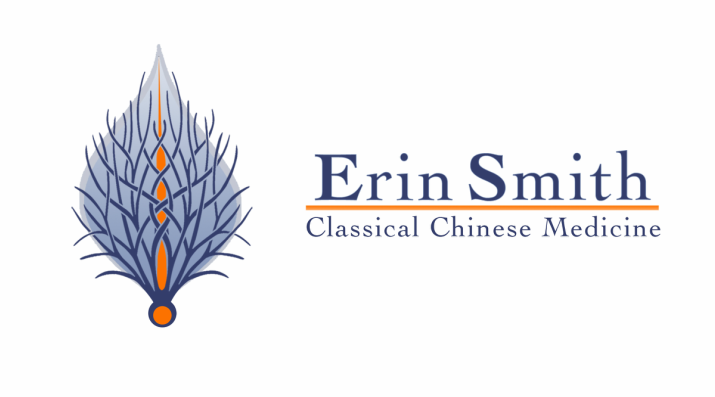
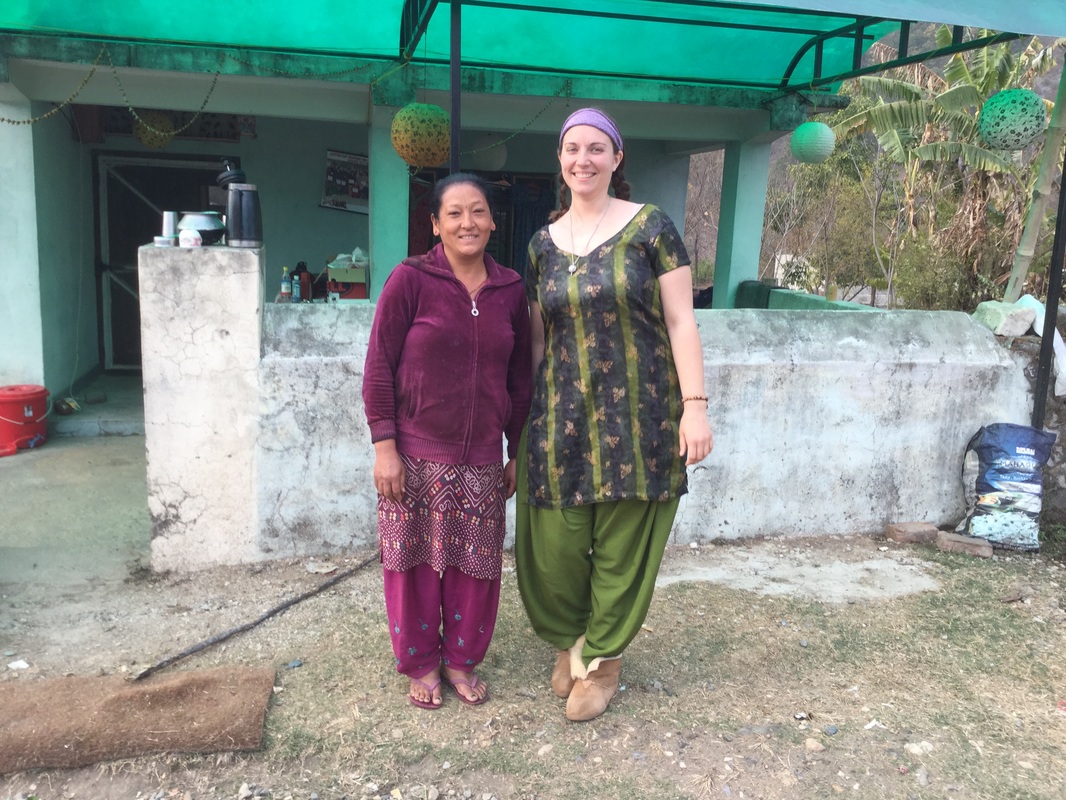
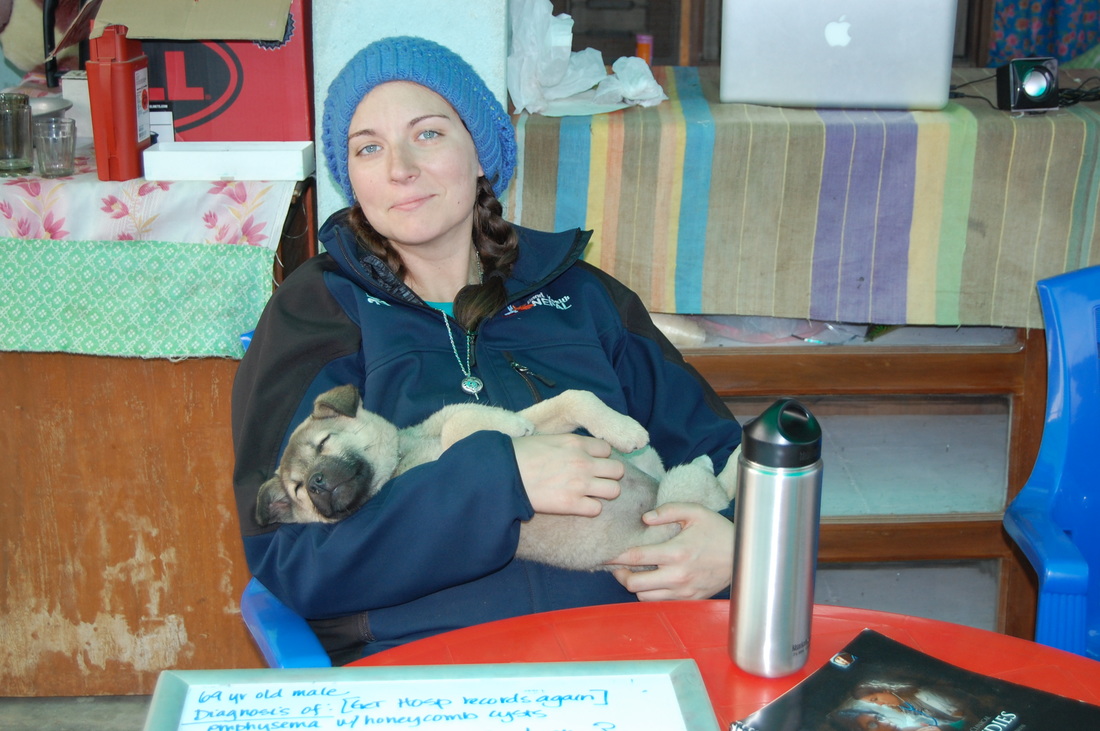
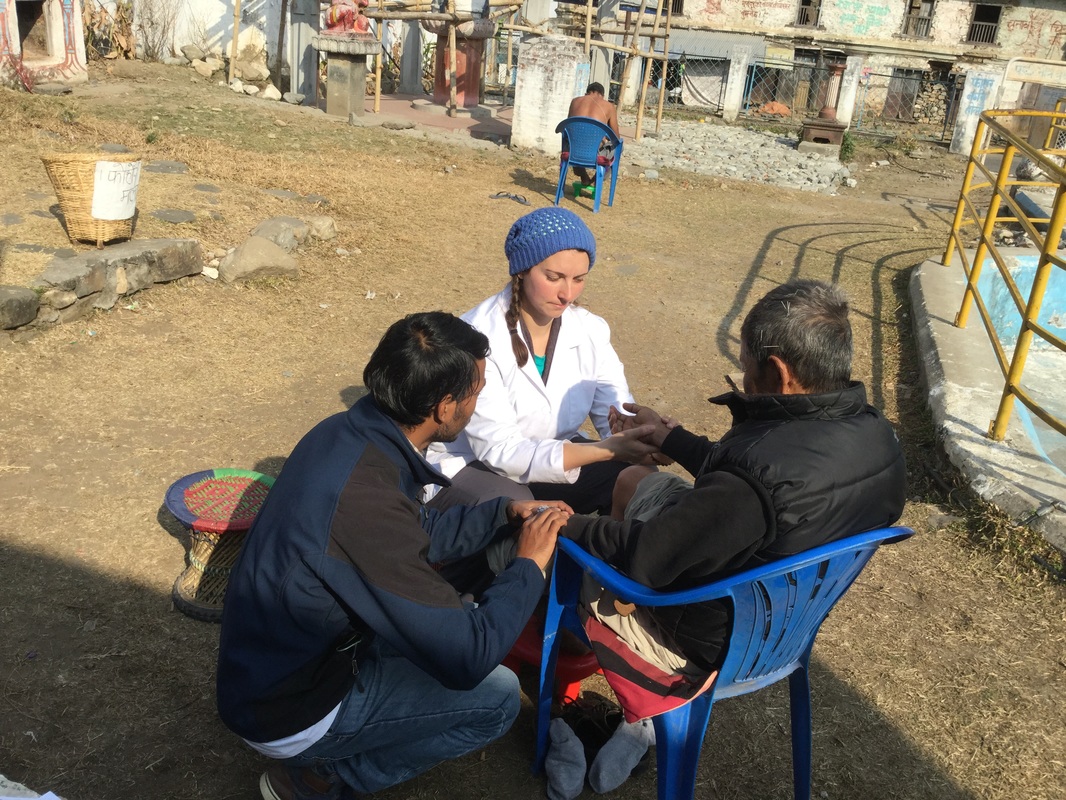
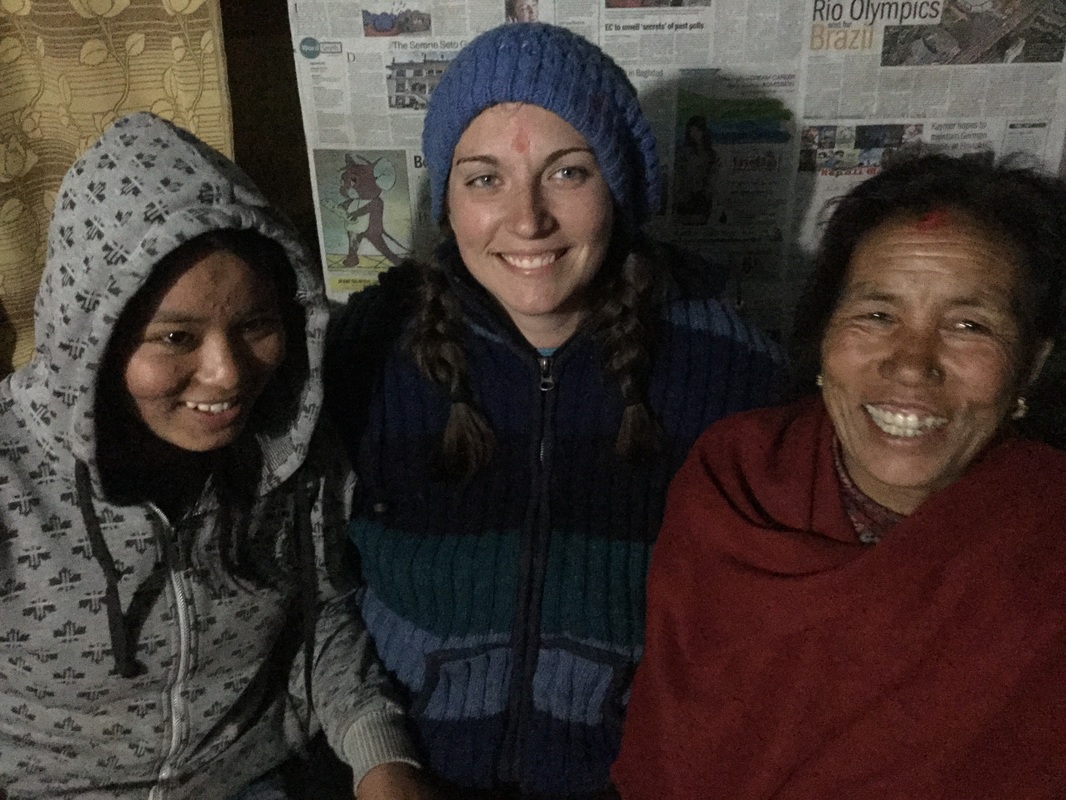
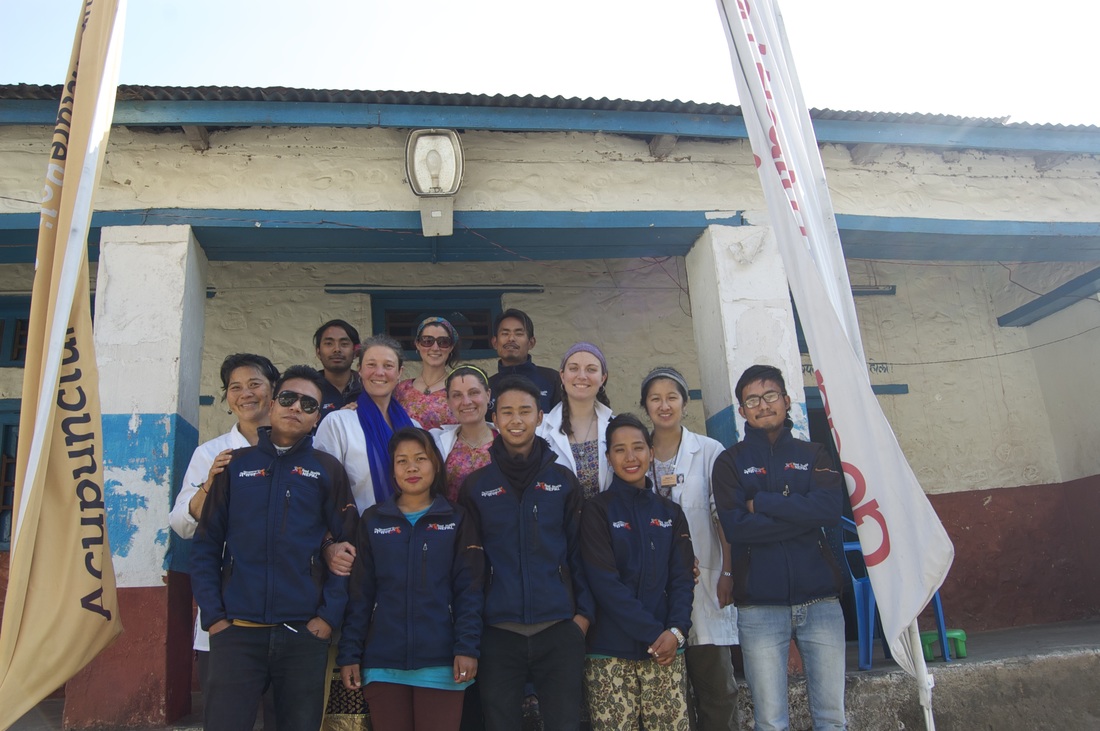
 RSS Feed
RSS Feed
